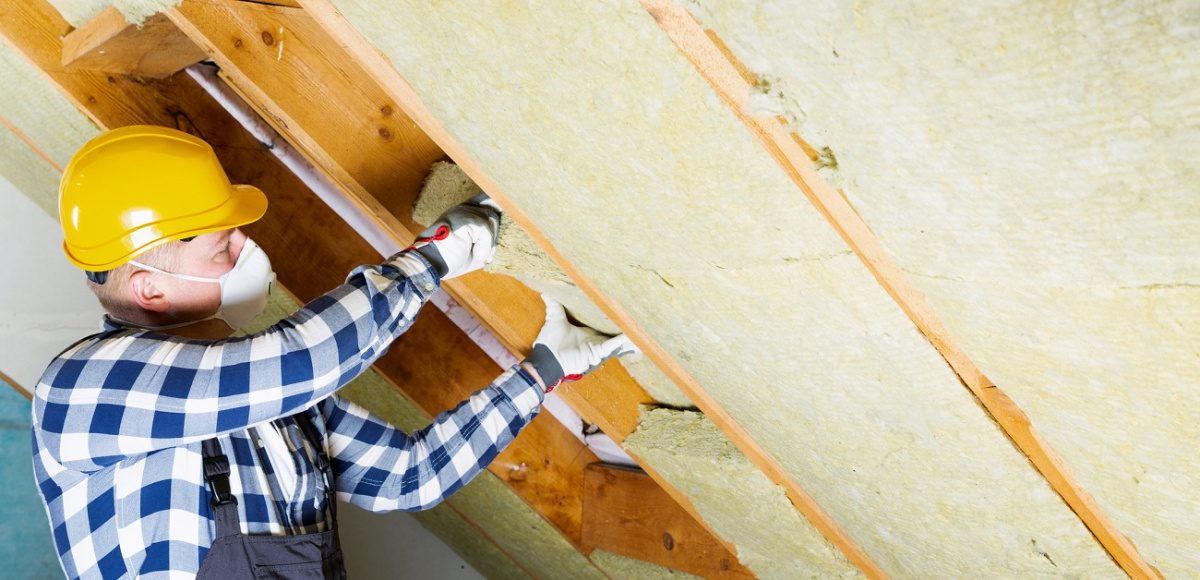
Table of Contents
Determining Tax Deductibility
1. Home Office Deduction
If you made improvements to a home office space in 2016, you may be eligible to claim a deduction for expenses related to the renovation. To qualify, the space must be used exclusively and regularly for business purposes.
2. Energy-Efficient Upgrades
Certain energy-efficient improvements, such as installing solar panels or upgrading to energy-efficient windows, may qualify for tax credits under the Residential Energy Efficiency Property Credit. Check IRS guidelines to determine eligibility and claim requirements.
3. Medical Expenses Deduction
Home improvements made for medical purposes, such as installing wheelchair ramps or modifying bathrooms for accessibility, may be deductible as medical expenses if they exceed a certain percentage of your adjusted gross income (AGI). Consult with a tax professional to assess eligibility.
Keeping Records and Receipts
To support any deductions or credits related to house improvements on your 2016 taxes, it’s essential to maintain thorough records and receipts. Keep documentation of expenses, invoices, contracts, and any relevant permits or certifications. These records will serve as evidence of the improvements made and expenses incurred.
Tax Filing Considerations
1. Itemized Deductions vs. Standard Deduction
When filing your taxes for 2016, you have the option to claim either the standard deduction or itemize deductions. If your total itemized deductions, including those related to Homeimprovementmix.de/, exceed the standard deduction amount, it may be beneficial to itemize.
2. Qualified Improvement Property
Under the Tax Cuts and Jobs Act (TCJA), certain house improvements made in 2016 may qualify as “qualified improvement property” (QIP), making them eligible for accelerated depreciation deductions. Consult with a tax advisor to determine if your improvements meet the criteria for QIP.
Consulting a Tax Professional
Navigating the tax implications of house improvements on your 2016 taxes can be complex, especially with changes in tax laws and regulations. Consider seeking advice from a qualified tax professional who can provide personalized guidance based on your specific circumstances and financial situation.
Conclusion
House improvements made in 2016 can have various tax implications, from deductions for home office expenses to credits for energy-efficient upgrades. By understanding the potential tax benefits and requirements associated with your renovations, you can ensure that you’re maximizing tax savings while complying with IRS regulations. Keep thorough records, consult with a tax professional, and file your taxes with confidence, knowing that you’ve taken full advantage of available tax incentives for house improvements.


